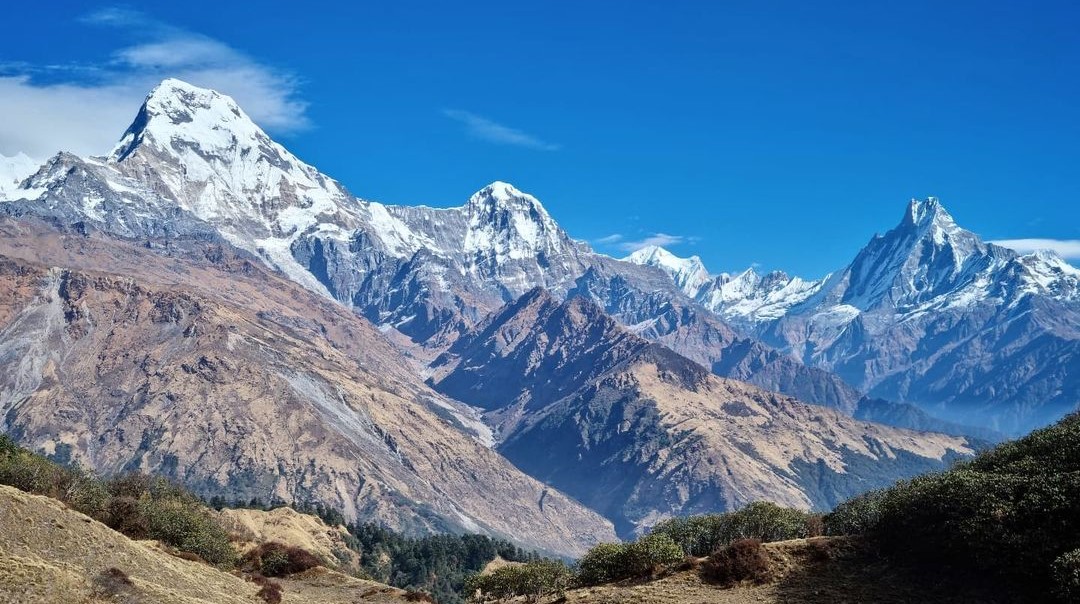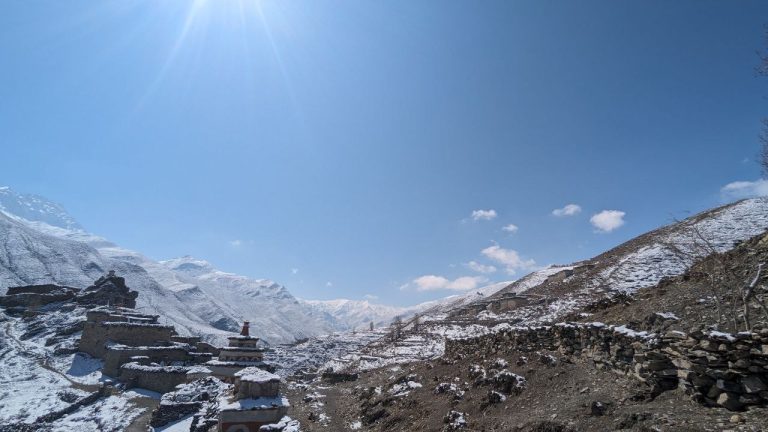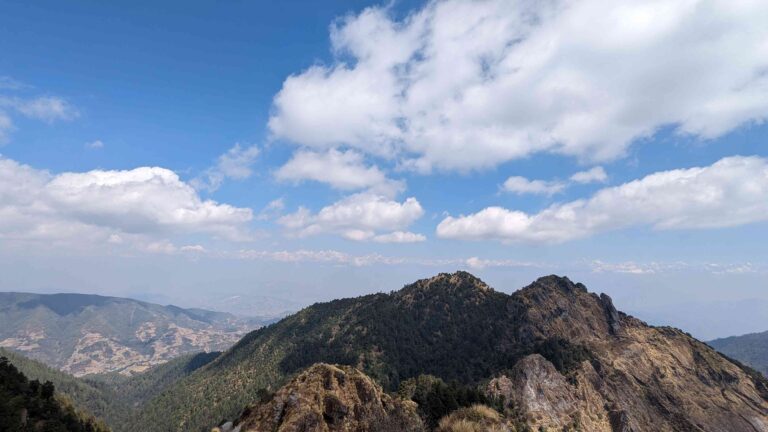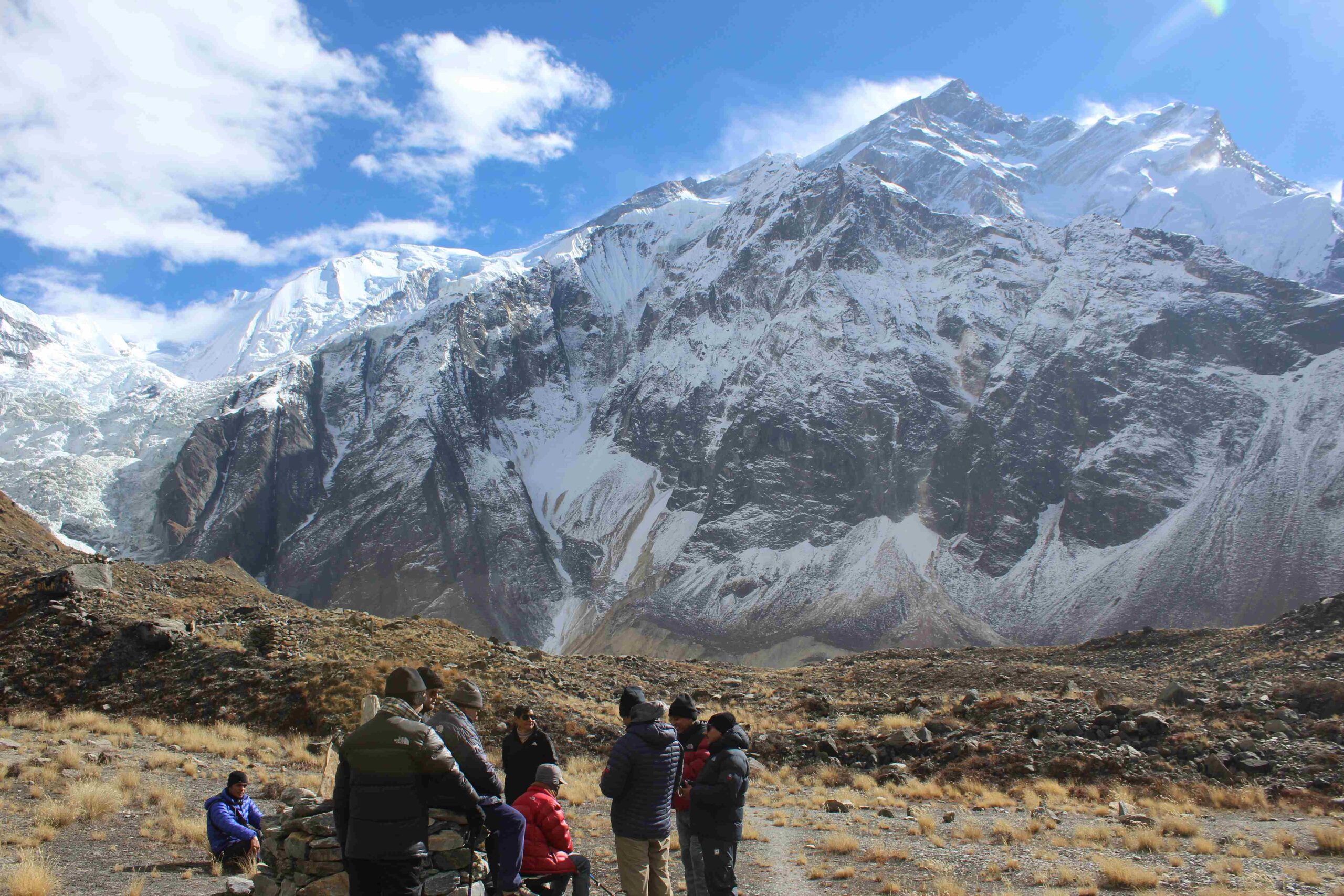Conservationists and climate activists have voiced growing concerns over the alarming rate at which mountains across Nepal are losing their snow cover, leading to potential adverse impacts on the entire ecosystem. Experts gathered at the International Mountain Festival in Pokhara to discuss the repercussions of fading snow cover on livelihoods, agriculture, tourism, and health.
Dr. Ghanashyam Gurung, Chief of World Wildlife Fund in Nepal, warned that rapid snow melt, attributed to global heating, is leaving mountains bare and transforming mountain climbing into a challenging rock climbing endeavor. He emphasized the urgent need for Nepal to adopt and scale up measures for climate change mitigation and adaptation, despite the country playing a negligible role in causing climate change.
Dr. Amina Maharjan, an expert on livelihood and migration, highlighted the broader regional implications, stating that mountains turning bare is a growing concern not only for Nepal but for the entire Hindu Kush region. She linked recent climate-induced events, such as the flash flood in Seti River in 2012 and floods in Kagbeni, to the changing climate.
Expressing worry about the insufficient discussions and research on climate change’s impact on health, Maharjan called for Nepal to raise its voice on the global stage and seek compensation under the Loss and Damage Fund. Noted journalist Kunda Dixit urged the classification of climate change as a ‘climate crisis,’ emphasizing the need to consider economic and political dimensions. He pinpointed water problems as a direct consequence of climate change, urging the government to address the urgency of drying rivers and water sources.
Jagannath Adhikari, a researcher on climate change and food security, stressed the cultural significance of mountains, stating, “Once a mountain loses snow, we lose culture.” He highlighted the direct correlation between snow melt and agricultural products, calling for sustained national and international initiatives to cope with the impacts of climate change.
In response to the crisis, Dixit proposed promoting renewable energy to reduce dependence on petroleum products, which constitute 25 percent of Nepal’s total imports. As the international community is held accountable for climate change, speakers urged Nepal not to remain idle but to build a moral ground to voice concerns globally.




